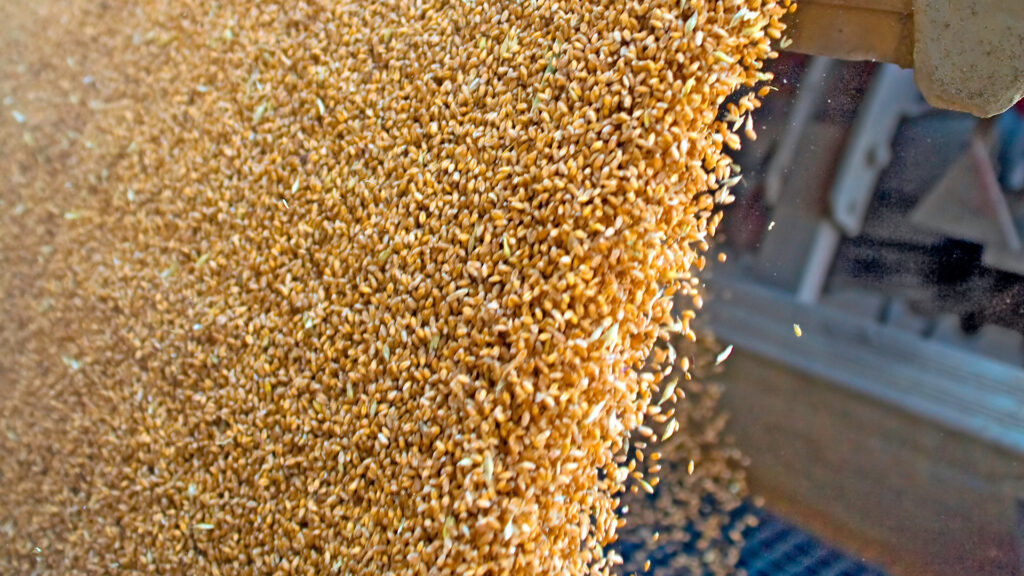COVID-19 and the enforcement of competition law in Europe
This update describes exceptional measures taken by competition authorities in Europe and the UK temporarily and partially to relax competition law to seek to protect security of supplies to consumers following the coronavirus disease outbreak. It is relevant to all businesses active in the supply chain to consumers.
European Competition Network
On 23 March 2020, the European Commission announced that all competition authorities in the European Competition Network (ECN) (the European Commission, the EFTA Surveillance Authority, and the national competition authorities of the EU/EEA) were issuing a joint statement on how to apply the European competition rules during the crisis resulting from the coronavirus disease outbreak (COVID-19).
The joint statement1 underlines that the competition rules are flexible enough to take into account changes in market circumstances such as these. It states that:
- The ECN (European Competition Network) is fully aware of the social and economic consequences triggered by the COVID-19 outbreak in the EU/EEA.
- The different EU/EEA competition instruments have mechanisms to take into account, where appropriate and necessary, market and economic developments. Competition rules ensure a level playing field between companies. This objective remains relevant also in a period when companies and the economy as a whole suffer from crisis conditions.
- The ECN understands that this extraordinary situation may trigger the need for companies to cooperate to ensure the supply and fair distribution of scarce products to all consumers. In the current circumstances, the ECN will not actively intervene against necessary and temporary measures put in place to avoid a shortage of supply.
- Considering the current circumstances, such measures are unlikely to be problematic, since they would either not amount to a restriction of competition under Article 101 of the TFEU/ Article 53 of the EEA Agreement or generate efficiencies that would most likely outweigh any such restriction. If companies have doubts about the compatibility of such cooperation initiatives with EU/EEA competition law, they can reach out to the European Commission, the EFTA Surveillance Authority or the national competition authority concerned any time for informal guidance.
- At the same time, it is of utmost importance to ensure that products considered essential to protect the health of consumers in the current situation (such as face masks and sanitising gel) remain available at competitive prices. The ECN will therefore not hesitate to take action against companies taking advantage of the current situation by cartelising or abusing their dominant position.
- In this context, the ECN points out that the existing rules allow manufacturers to set maximum prices for their products. This could prove useful to limit unjustified price increases at the distribution level.
UK Government
Similarly, on 19 March 2020 the UK Government announced that as part of a package of measures to allow supermarkets to work together during the crisis, elements of competition law will be temporarily relaxed for the food sector. This is intended to allow retailers to exchange data on stock levels, cooperate to keep shops open, or share distribution depots and delivery vans. It would also allow retailers to pool staff to help meet demand. The Government said: “This will be a specific, temporary relaxation to enable retailers to work together for the sole purpose of feeding the nation during these unprecedented circumstances. It will not allow any activity that does not meet this requirement”2.
UK Competition and Markets Authority
The UK’s Competition and Markets Authority (CMA) has issued a statement welcoming this announcement3. It has offered reassurance that, where agreements are not covered by the legal relaxation, “the CMA has no intention of taking competition law action against cooperation between businesses or rationing of products to the extent that this is necessary to protect consumers-for example by ensuring security of supplies.”
But the CMA states that it will not tolerate unscrupulous businesses exploiting the crisis as a “cover” for non-essential collusion, for example, exchanging information on longer-term planning or business strategies, where this is not necessary to meet the needs of the current situation.
The CMA’s guidance dated 25 March 20204 states that businesses which need to cooperate during the Covid-19 crisis will be exempt from enforcement action provided that their measures are appropriate and necessary to avoid a shortage or ensure security of supply, clearly in the public interest, contribute to the benefit or well-being of consumers, deal with critical issues that arise as a result of the pandemic and last
no longer than necessary.
The CMA added that the type of cooperation between companies that will not face enforcement action includes coordination to:
- avoid a shortage or ensure a security of supply;
- ensure a fair distribution of scarce products;
- continue essential services; or
- provide new services such as food delivery to vulnerable consumers.
The CMA will focus on the potential for the coordination to cause harm to consumers or to the wider economy.
The CMA said: “Where the coordination is necessary, for example, to ensure that essential supplies find their way to consumers or that key workers can travel safely to their place of work, it is highly unlikely that it would cause harm to consumers. This applies even if the coordination leads to a reduction in the range of products available to consumers, provided that reduction is necessary to avoid supply shortages of the relevant product in the first place.”
The CMA considered it important that competition remains wherever possible. For example, if it is necessary to share capacity information there may still be room for competition on price. Similarly, where the scope of a restriction can be limited to particular goods or geographical areas to address a particular issue, businesses should try to limit the restriction in this way.
The CMA echoed the ECN’s suggestion that manufacturers can seek to prevent excessive pricing by setting maximum prices at which retailers may resell their products.
The CMA emphasised that its policy does not give a “free pass” to businesses to engage in conduct that could lead to harm to consumers in other ways. The CMA gave the following potential examples of “unscrupulous” businesses exploiting the crisis as a “cover” for non-essential collusion:
businesses exchanging with their competitors commercially sensitive information on future pricing or business strategies, where this is not necessary to meet the needs of the current situation;
- retailers excluding smaller rivals from any efforts to cooperate or collaborate to achieve security of supply, or denying rivals access to supplies or services;
- a business abusing its dominant position in a market (which might be a dominant position conferred by the particular circumstances of the crisis) to raise prices significantly above normal competitive levels;
- collusion between businesses that seeks to mitigate the commercial consequences of a fall in demand by artificially keeping prices high to the detriment of consumers; or
- coordination between businesses that is wider in scope than what is actually needed to address the critical issue in question (for example, if the coordination extends to the distribution or provision of goods or services that are not affected by the Covid-19 pandemic.)
While hoping that this will reassure businesses who are doing their best to meet the needs of the public, the CMA warns that any assurance that it gives cannot protect against competition litigation by private parties.
The CMA has also set up a task force to take action against any business looking to exploit the crisis. It has warned traders not to take advantage of people. Traders should behave responsibly and not charge vastly inflated prices or make misleading claims, for example about the efficacy of protective equipment.
Comment
The European and UK Competition Authorities have taken a sensible approach temporarily and partially to relax competition law in the interests of consumer protection due to the requirements of the current crisis. Similarly, under the State aid regime the European Commission has swiftly approved various Member States’ national schemes for support to businesses as a result of the crisis under the Temporary Framework to support the economy.5
It is too soon to know how long these exceptional measures will need to remain in place or whether in the longer term fundamental changes to competition law may be advocated. Meanwhile, it is clear that the competition authorities will not permit businesses to exploit the crisis to take advantage of people, by charging vastly inflated prices or making misleading claims, or by engaging in collusion which is not essential to meet consumers’ requirements in the current emergency.
For more information please contact
Anthony Woolich
Partner, London
T +44 (0)20 7264 8033
E anthony.woolich@hfw.com
Eirini Roussou
Senior Associate, Brussels
T +32 (0) 2643 3410
E eirini.roussou@hfw.com
Footnotes
- https://ec.europa.eu/competition/ecn/202003_joint-…
- www.gov.uk/government/news/supermarkets-to-join-fo…
- www.gov.uk/government/news/covid-19-cma-approach-t… www.gov.uk/government/news/covid-19-cma-approach-t…
- www.gov.uk/government/publications/cma-approach-to…
- www.ec.europa.eu/commission/presscorner/detail/en/… www.ec.europa.eu/commission/presscorner/detail/en/…







-1024x576.jpg)